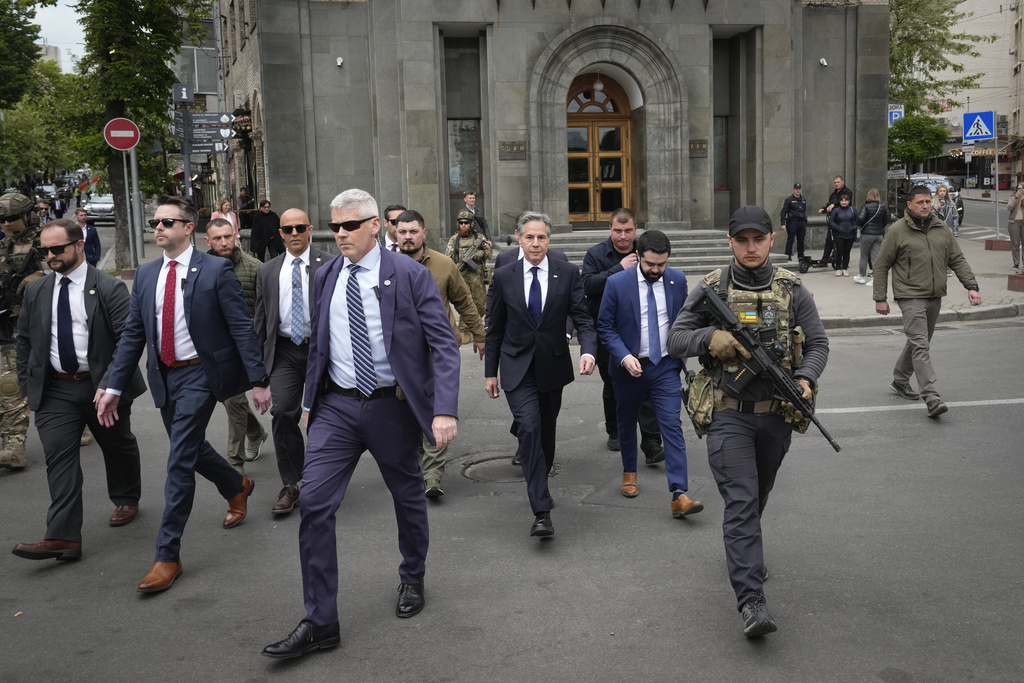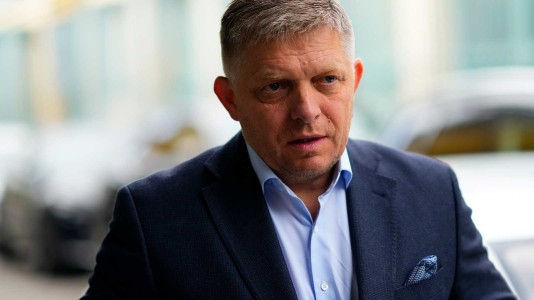A simplistic view of history is that the first half of any given century is characterized by wars, the second half by peace, and this is more or less true for a few centuries. Based on this popular view of history, I was thinking in the mid-2010s that here we are in a new century, and nowhere is there a European war.
However, we didn’t have to wait long, the Russian-Ukrainian war soon broke out and has been escalating ever since. Nevertheless, we have to ask: Was the outbreak of war necessary, and who are the opposing parties? This question is relevant given that what started as a Russian-Ukrainian war now involves virtually the whole of the Western world and has NATO Secretary-General Jens Stoltenberg making increasingly bellicose statements.
As for the causes, in terms of geopolitics, the formula is simple. The former bipolar world (U.S.-Soviet Union) was followed by the unipolar U.S. power after the break-up of the Soviet Union, “The unipolar moment” as Krauthammer wrote, which after a few decades, especially with the rise of China, will give way to a multipolar world order. In this process, what is happening now is the delimitation of spheres of influence, which, since civilization emerged, has been defined by nothing but wars, and is no different now. In short, there is nothing new to see here.
This millennia-old geopolitical experience can hardly be questioned, yet it is interesting to examine the motivations of the war’s protagonists. The American motivations can perhaps best be judged by the debate on NATO enlargement in the U.S. Senate in October-November 1997, where both pro and con arguments were heard. The main supporters of enlargement were the current U.S. President Joe Biden and the then Secretary of State Madeleine Albright. The main argument in favor of enlargement was that a political (power) vacuum had been created in Central Europe, which would sooner or later be filled by someone, and that someone had better be NATO, not, say, Germany or Russia.
The Ukrainians never had statehood, they lived on the borders of the major powers. In 1654, Ukraine was in a union with the Polish power, then they joined Russia, and on the 300th anniversary of this union, Khrushchev gave them Crimea. When the Soviet Union collapsed, they inherited a large and rich country, made up of many parts in the 20th century, a large part of which originally did not belong to the Ukrainian nation. In order to preserve this heritage, the Ukrainians’ main task would have been to establish good relations with neighboring Russia and to treat their nationalities, especially the Russians, with generosity.
This policy of balance, however, was upset by Ukrainian nationalists, who were otherwise not very powerful but had strong Western support, all of which led to the current war.
On two occasions, the Ukrainians failed to end the war with a minimum of casualties, once when the Minsk agreements were not respected, and again when the compromise already reached with Turkish mediation was rejected in April 2022 following the actions of the U.K.’s then prime minister, Boris Johnson.
Those who are forcing this war are not taking any responsibility, the blood of Ukrainians is being spilled on the frontline, the financial support is being paid for by European and American taxpayers, and the American military industry is thriving. The hoped-for result could be NATO’s “drang nach Osten” expansion, which is unacceptable to the Russians. The question is when will the Ukrainians realize that they are not dying to defend their own national interests?






